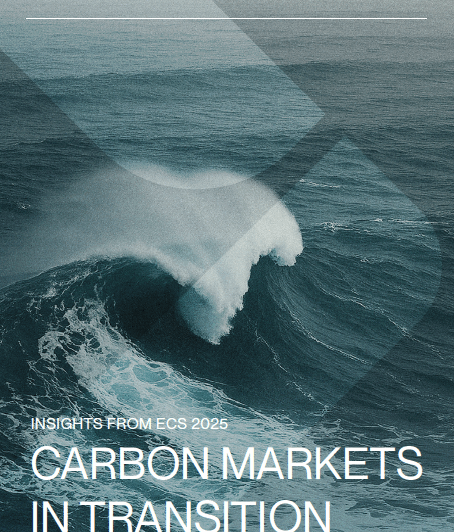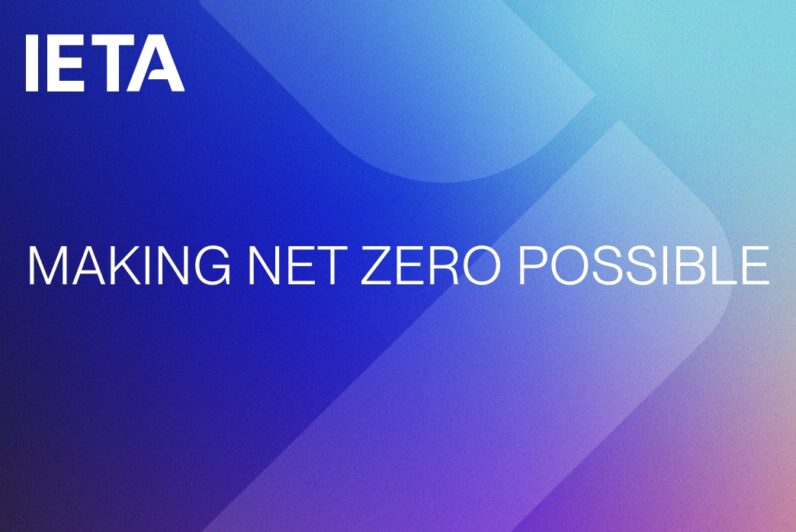IETA publishes comprehensive global Handbook on Geostorage and Carbon Crediting

17.04.24|Press Releases
At its annual European Climate Summit taking place this week, IETA published its Handbook providing a comprehensive synthesis of methods and safeguards on the crediting of reductions and removals involving geological storage of carbon dioxide.
IETA’s Handbook reviews the unique risks associated with crediting of carbon storage activities compared to other types of mitigation activities. The report also describes the principles, precedents, and practice that have evolved over many years of international negotiations to safeguard against such risks.
The first part of the handbook reviews key methodological building blocks of crediting mechanisms as they apply to geological CO2 storage technologies. A synthesis of current methodological approaches in UN and voluntary carbon market protocols, standards and guidance is then examined. The stocktake on methods provides a powerful resource for both policymakers and practitioners considering how to develop and integrate these solutions into carbon markets.
The second part of the handbook explores the safeguarding principles and precedents that are needed to underpin safe and secure deployment of geological CO2 storage, such as direct air capture, bioenergy capture and removal, and the capture and storage of CO2 from industrial sources. The range of safeguards collectively support robust crediting of these climate-critical solutions.
Based on methodological and safeguarding best-practice, a set of high-level criteria to guide the future development of geological CO2 storage within carbon markets are presented.
“This first-of-its-kind, comprehensive compendium of geological storage methodologies and safeguarding standards offers a valuable resource for policy makers and practitioners in this field”, said Paul Zakkour, co-founder of Carbon Counts, who was involved in the drafting of IETA’s handbook.
“Mindful of the existing wealth of knowledge on the topic, IETA used its convening power to bring together a broad range of stakeholders – including standards, industry experts and project proponents – to help shape the way in which geological storage can be incentivised and regulated. Using this technology is essential if net zero targets are to be met”, said Katie Sullivan, IETA managing director.
The Handbook provides important guidance for future methodological development and featured significantly in establishing IETA’s high level criteria for crediting GCS.
*The following standards are covered by the Handbook:
- Clean Development Mechanism
- ACR
- Verra (CCS+)
- Puro.earth
- Gold Standard
- Global Carbon Council (GCC)
- Isometric
- Alberta
- British Columbia
* Methodologies and protocols under these standards are reviewed in the following contexts:
- Applicability conditions
- Project boundary
- Baseline scenario and baseline emissions
- Determination of additionality
- Project and leakage emissions
- Non-permanence and carbon reversal,


